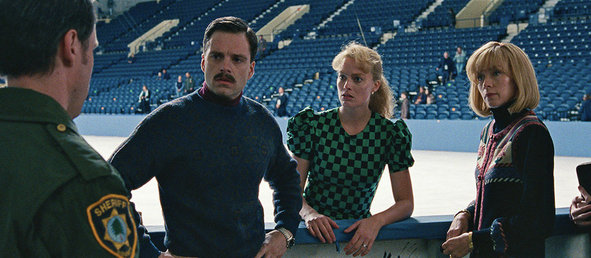Review: "Call Me by Your Name"
Remember that glorious, gut-wrenching scene in James Ivory's The Remains of the Day in which the lonely butler Mr. Stevens (Anthony Hopkins) is caught by housekeeper Miss Kenton (Emma Thompson), the woman he secretly adores, reading a book of sweet love stories?
I will never forget it and it's that sense of overwhelming longing and desire that I figured would play so prominently in Call Me by Your Name, a picture not directed by Ivory but written by the filmmaker - a rare screenwriting credit. Yet the film, pretty as it may be, ultimately left me more restless than anything, one of the great disappointments of the 2017 film season.
The picture opens on young Elio (Timothee Chalamet) who, over the summer of 1983, spends his days relaxing in the Italian countryside with his family. His father (Michael Stuhlbarg), a professor of archaeology, invites Oliver (Armie Hammer), a twentysomething doctoral student, to spend much of the season with them. Initially, the introverted Elio and high-spirited Oliver seem to have little in common but, over time, they do grow close and, despite Elio's courting of Marzia (Esther Garrel), a sexual relationship soon blossoms.
Call Me by Your Name is sumptuously photographed by Sayombhu Mukdeeprom - it's a picture that looks just as splendid as Ivory's best. Alas, director Luca Guadagnino, who has impressed me in the past (I love I Am Love), shows far more sensual feeling for the countryside scenery than his characters. Elio and Oliver are just not as captivating or absorbing a pair as say, Mr. Stevens and Miss Kenton or Maurice and Clive of Ivory's Maurice.
Chalamet is dead-on convincing as Elio. Too bad he's stuck playing against Hammer who, his matinee idols looks aside, continues to exude the acting prowess of a block of wood. At the film's 11-'o-clock hour, Stuhlbarg has a monologue on young love that, while exquisitely delivered by the actor, rings of something manufactured that you'd only hear in the movies.
Call Me by Your Name dazzled my eyes but, to my surprise, barely tugged at the heartstrings.
B





